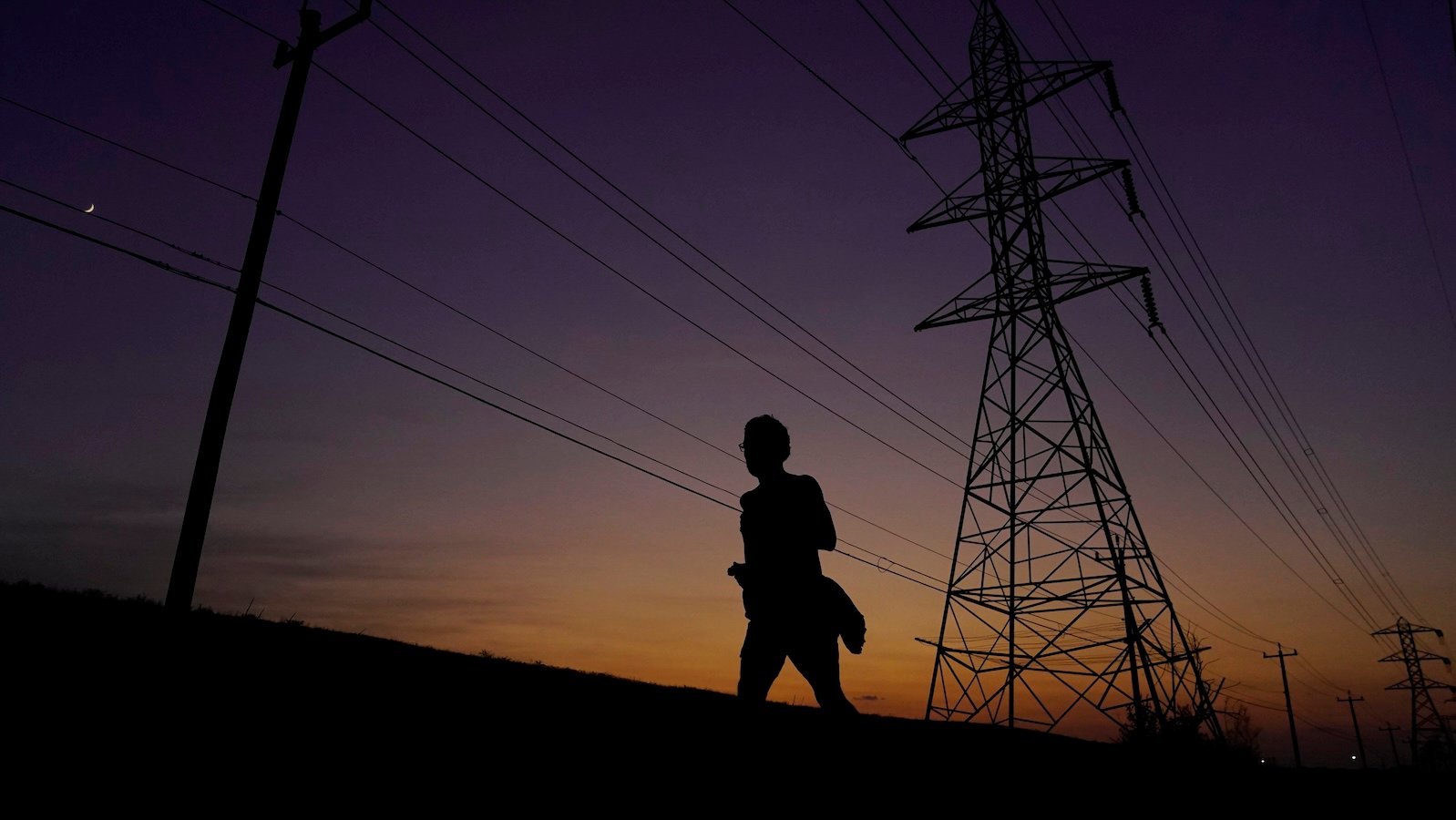Zoe Jonick didn’t think she was asking for much when she went before the Oakland City Council with what she considered a simple request: Urge the California state Senate to vote yes on a bill requiring the state to study the feasibility of ditching Pacific Gas & Electric and embracing public power.
It didn’t seem unreasonable, given that the nearby cities of San Francisco, Berkeley, and Richmond had done exactly that in recent months. What Jonick, an organizer with the climate organization 350 Bay Area, and others backing the move wanted the city to do was push state lawmakers to support SB 332. The legislation would explore alternatives to investor-owned utilities and introduce safety and equity measures to improve service. “We’re not being prescriptive and saying what exactly a not-for-profit system would look like,” she said.
Yet this proved to be too much for the City Council, even if dozens of residents spoke out against the utility — which employs more than 8,000 people in Oakland — during a tense council meeting last week. The legislation, which also would have urged regulators to link utility executive compensation to power reliability and grid safety, was pulled from the agenda by a procedural maneuver. “It seems like a number of the council members have not had an opportunity to meet with both sides,” said Kevin Jenkins, the council president.
It was the latest setback in a nationwide campaign to replace investor-owned utilities with publicly owned operations. Advocates argue such a move would lead to cheaper, more reliable power and greater say for residents in how electricity is generated. Despite some victories here and there — Winter Park, Florida, and Jefferson County, Washington, have flipped the switch, and some nonprofit utilities, like California’s Sacramento Municipal Utility District, are many decades old — they’re fighting an uphill battle. Voters in Maine rejected switching to public power in 2023, an effort to do so in San Diego stalled amid skepticism from city leaders, and the city council in Ann Arbor, Michigan voted down a feasibility study proposal five months ago.
Those hoping to see Oakland join the fight come from the climate and environmental justice world. People of color comprise about 70 percent of the population, and almost 14 percent of the city’s 438,000 people live at or below the federal poverty line, leaving them burdened by utility debt. Critics of the utility, known locally at PG&E, also say the for-profit model disincentivizes maintenance and upgrades. That lack of upkeep contributed to faulty equipment sparking at least 31 fires, which killed 113 people, between 2017 and 2022.
Oakland council member Carol Fife sponsored the measure in support of Senate Bill 332, the Investor-Owned Utilities Accountability Act. Beyond calling for a feasibility study, the legislation caps rate hikes, prevents disconnections for vulnerable customers, and mandates periodic equipment audits and replacement. California’s utility bills are the second-priciest in the nation, and Fife said people in her district have experienced six rate hikes and frequent cutoffs in the past year — even as PG&E’s CEO earned $17 million.
“When I’m hearing that one ZIP code in my district in West Oakland has double-digit shutoffs for energy costs, I get concerned,” Fife said. “There are several neighborhoods in Oakland where at least 10 percent of the population has had their power cut off and remains without access to power.”
Critics say public power doesn’t necessarily mean cleaner power: Nebraska, the only state served entirely by a public utility, gets most of its electricity from coal. They also argue that the process of transforming a large utility system into a nonprofit would be time-intensive and expensive, and that they could cost electrical workers their jobs. But those weren’t the primary concerns constituents brought to Fife in voicing their reservations: She said Oaklanders were afraid that PG&E grant funding to local nonprofits would be cut off.
The company, which provides power to about 16 million people throughout California, is Oakland’s second-largest employer, and it recently spent $900 million relocating to Oakland. The utility also is a big philanthropic player — it provided nearly 1,000 grants throughout the state totaling $36 million last year, and spent $3.5 million on Oakland nonprofits in particular. Fife said nonprofit leaders she’s known for “two, three decades” said they supported her resolution but feared losing funding over it. (None of them spoke at the July 15 council meeting.)
“The lobbyists for PG&E were telling people that I specifically was trying to push PG&E out of Oakland, that I would be responsible for a lack of charitable giving to nonprofits in my district and in the city,” she said.
A PG&E representative, in an emailed statement, said the company “did not, and would not, suggest that we would pull our charitable support.”
“We stand ready to continue to listen to the concerns of City Council members and citizens, and we look forward to continuing to work with city officials on tangible efforts to advance energy equity, climate resilience, and public safety.”
The company representative did not comment on SB 332, but the company made the its thoughts clear during a Senate hearing in May: “SB 332 proposes sweeping changes without fully accounting for existing regulatory safeguards or the operational complexities of transforming the state’s energy infrastructure,” a PG&E lobbyist told lawmakers.
PG&E’s response speaks to the vehemence with which investor-owned utilities fight to maintain their hold over energy. When advocates of public power in Maine managed to get a referendum on the ballot, the state’s two dominant utilities spent more than $40 million to oppose it, outspending its advocates 34 to 1 and handily defeating the measure.
Even if Oakland’s resolution is out of play for now, the city’s public-power advocates aren’t done. As SB 332 continues moving through the legislature, “We’re also building this movement from the ground up,” Jonick said. That might look like more community workshops, or more city council resolutions. Above all, it’ll look like neighbors talking to each other. “No matter what, we’re going to be pushing to build community understanding that another way is possible, and we can fight the utility monopolies’ hold on us.”



